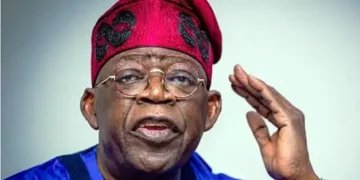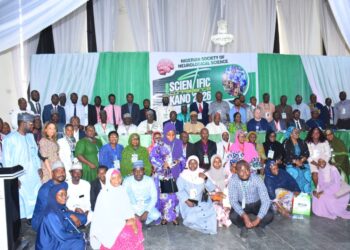2034 WORLD CUP: FIFA confirms Saudi Arabia as host
The Federation of International Football Association (FIFA) has officially announced that Saudi Arabia will host the 2034 World Cup in men’s soccer.
This decision marks a significant milestone for the kingdom, which has been heavily investing in global sports as part of its broader Vision 2030 initiative aimed at modernizing its economy and society.
The announcement came during an online meeting attended by over 200 FIFA member federations, where FIFA President Gianni Infantino expressed strong support for the Saudi bid.
The bidding process
Saudi Arabia was the only nation to submit a bid for the tournament, which significantly streamlined the selection process. FIFA had previously established that only countries from Asia and Oceania were eligible to host the 2034 World Cup due to a three-continent hosting plan approved for the 2030 World Cup. This plan allowed Spain, Portugal, and Morocco to co-host that tournament while leaving Saudi Arabia as the sole candidate for 2034.
Implications of hosting
The decision to award Saudi Arabia the World Cup has drawn mixed reactions. Supporters within FIFA and Saudi officials argue that hosting such a prestigious event could serve as a catalyst for social change within the kingdom, potentially leading to greater freedoms and rights, particularly for women. Infantino described the World Cup as a “unique catalyst for positive social change and unity.”
READ ALSO: FIFA World Cup in Morocco, Portugal and Spain will be a great success – Andres Iniesta
However, human rights organizations have raised serious concerns regarding this decision. Critics argue that it could exacerbate existing human rights issues in Saudi Arabia, particularly concerning labor laws and treatment of migrant workers who will be essential in constructing new stadiums and infrastructure needed for the event. Amnesty International has warned that this decision poses significant risks to human rights protections in the country.
Infrastructure development
As part of preparations for hosting the tournament, Saudi Arabia plans to invest tens of billions of dollars into infrastructure projects. This includes building or upgrading at least 15 stadiums along with hotels and transport networks necessary to accommodate fans from around the world. Notably, one proposed stadium is set to be located in Neom—a futuristic city still under development—while another is designed to be situated atop a cliff near Riyadh.
FIFA’s confirmation of Saudi Arabia as host for the 2034 World Cup reflects both an opportunity for significant investment in sports infrastructure and ongoing concerns regarding human rights practices within the kingdom. As preparations unfold over the next decade, scrutiny on labor conditions and human rights will likely intensify.






























